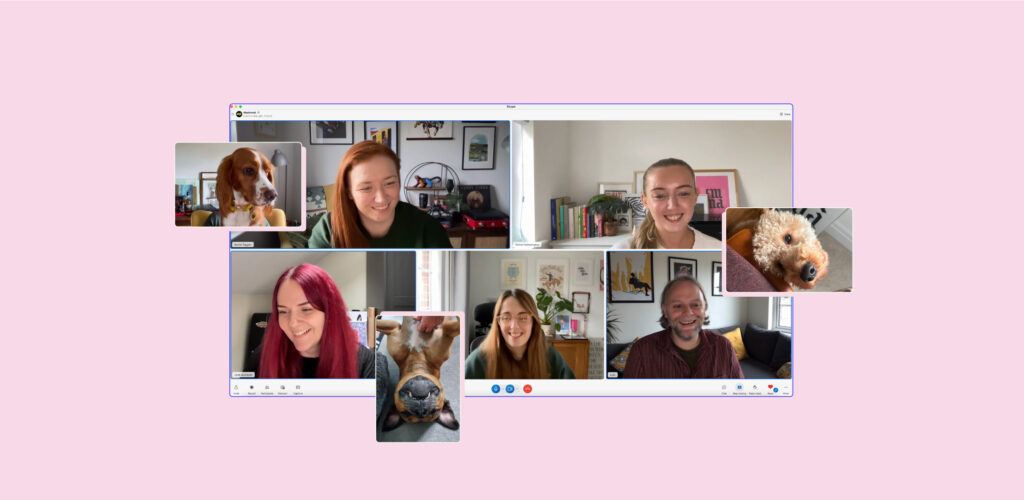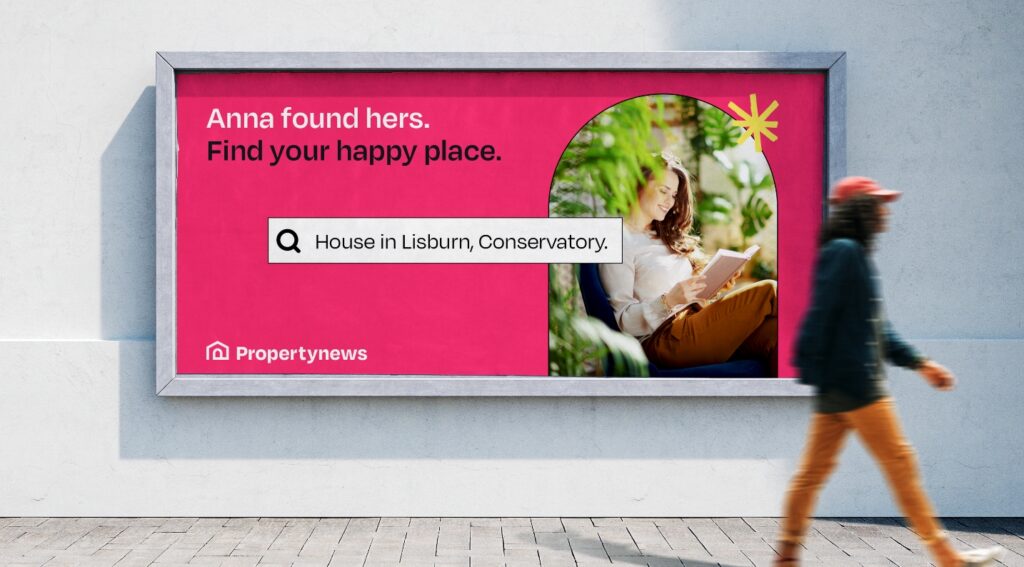Transitioning to the 4 Day Week
What the 100:80:100 model means for Mashmob
- Jude Lynch
As one of the oldest living Millennials (born in ’81), I, like many of my peers, have probably had upwards of 20 jobs. My work history spans a variety of roles: a paper round at 14, labouring on building sites, cleaning, working abroad for beer money, call centres, bars, restaurants, teaching, and positions at fancy agencies. Despite the diversity, these jobs shared a common requirement: being there, no matter what. Attendance was the cardinal rule.
However, my transition to the design sector was a bit of an eye-opener. The culture there, for lack of a better term, felt a little “toxic.” I say this with a massive caveat: I have loved all my jobs and really appreciated the people I worked for. Yet, in this new role, there was an implicit expectation to consistently work beyond my contracted hours. Five o’clock would come and go, and my brain would be utterly exhausted, but the whole team was expected to stay until 17:30 or 18:00 because we were “busy”—a state that seemed perpetual.
Honestly, 90% of the time when I was “encouraged” to stay late, I found myself idly playing with my Ericsson T28, trying to connect to WAP. Attempting to leave on time felt like sneaking past a sleeping lion. Colleagues would exchange knowing smiles and raised eyebrows, bracing for the inevitable “Can I borrow you for a second?” or “What’s happening with such-and-such account?” from management, which would lead to lengthy, unplanned discussions. This environment fostered resentment. An environment I intended to change.
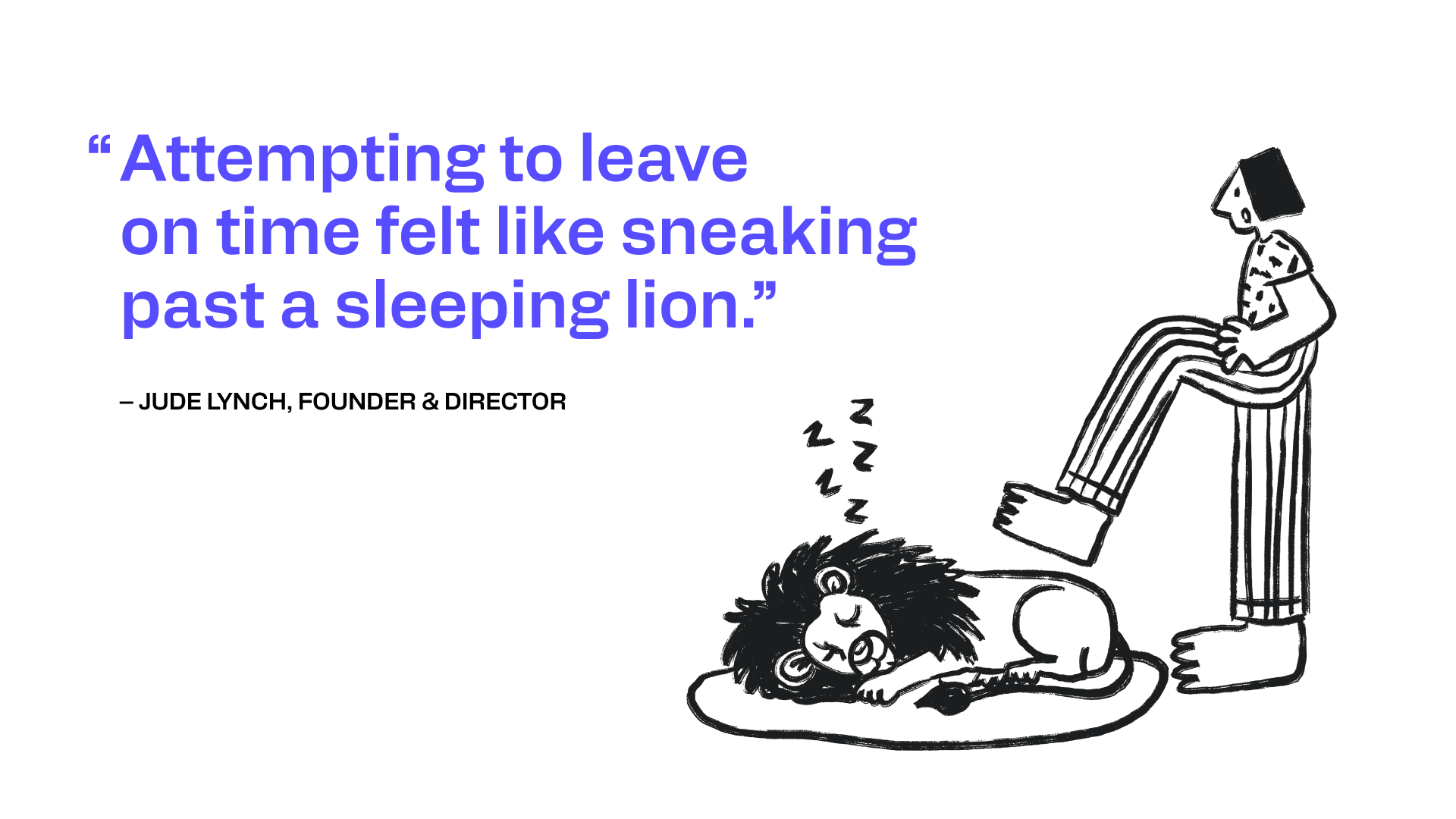
When I established Mashmob, one of the more unconventional decisions I made was to eliminate the need for account managers, opting instead for a unique type of designer. During the recruitment phase, we looked for candidates who were exceptionally organised, had strong people skills, and were adept at project management. It was crucial to ascertain their genuine interest in this unconventional role, recognising that it wasn’t a role that existed in any serious agency.
Our team has flourished, however, I was still bothered by the fact that we were still constrained by many of the same limitations of other agencies we had worked for, the sustained pressures of 9 to 5 Monday to Friday.The relentlessness of it. Enter Covid. Everything changed. Most importantly, client expectations changed. Our clients no longer seemed overly interested in visiting the studio, much preferring video calls. And why not, it’s so much more economic with everyone’s time. Then we heard whispers of Scandinavian companies trialling the 4 day week.
These experiences laid the groundwork for the introduction of our four-day workweek—not by compressing hours, but as a genuine offer: “Here, take that day back, go clear your head.” And no, your pay won’t change. It’s the 100:80:100 model: 100% of your pay for 80% of your contracted hours, in return for 100% productivity.
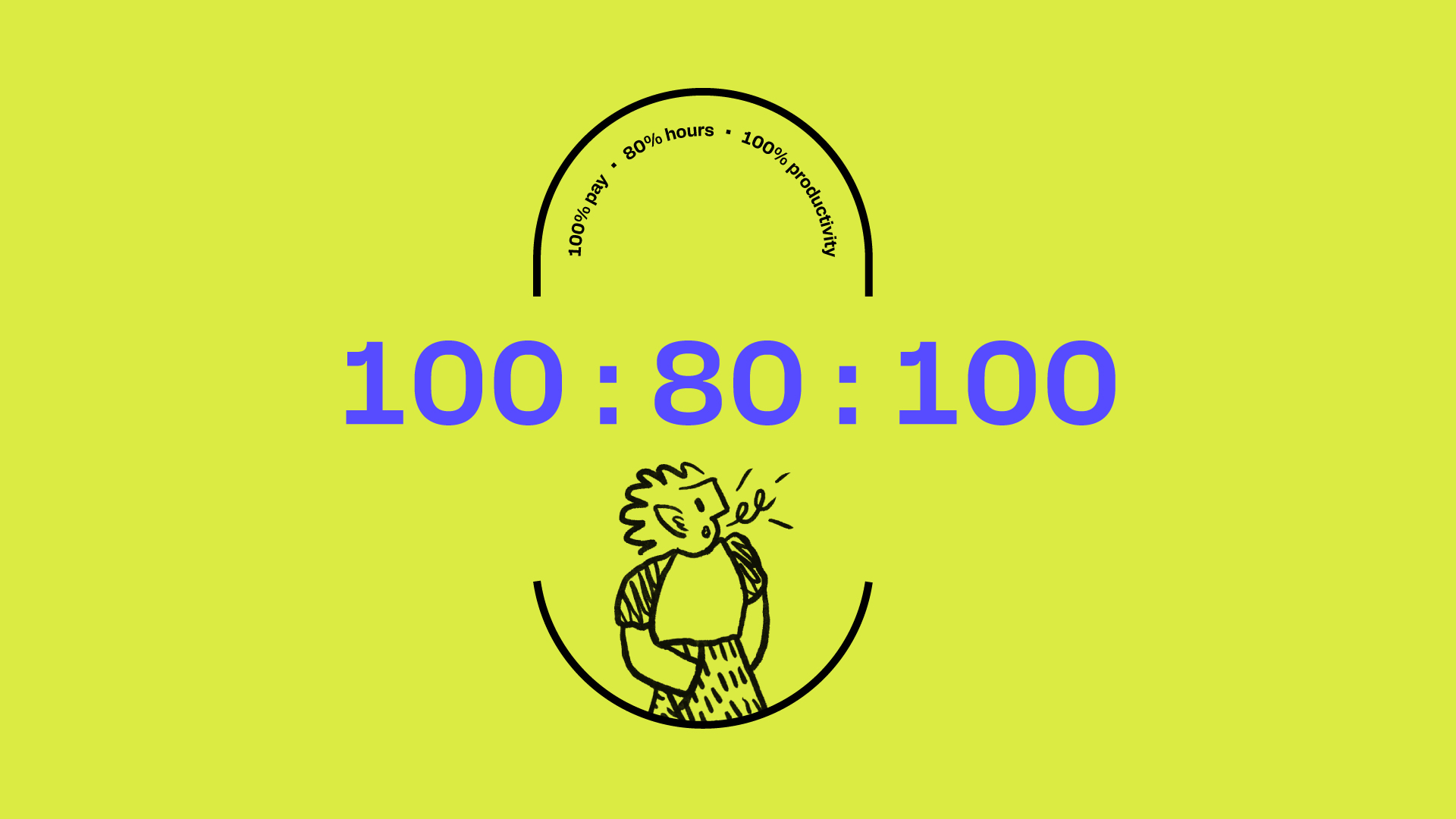
We conducted a review of productivity, assessing the number of chargeable hours each person logged in the six months prior to transitioning to the four-day workweek program. The primary objective was straightforward: maintain profitability. The team, with my support, was empowered to manage their own time. This shift led to fewer hours spent in meetings, lighter administrative duties, and improved visibility of performance. As for which days they could take off, that was left to the discretion of each individual, provided they coordinated to ensure a set number of designers were always available from Monday to Friday.
I also mandated that each individual had to take two additional 15 minutes breaks each day, to stretch the legs and clear some of the fuzz from our heads. Humans need to move, we were designed to, our bodies our brains our diet are all connected, and flumped in front of our screen constantly simply can’t be good. I guess you could say, our focus is on the quality of the time my team can provide, rather than the quantity.
The impact has been significant: the team is less frazzled, take fewer sick days, and everyone feels more appreciative and happier. Remarkably, this has all been achieved while maintaining or even improving productivity and profitability.
The effects have had a profound effect on each member of the team. For myself, the change was about stress management and being a father/husband. Gone (mostly) are the weekends of “exhausted, frustrated me”. My head seems comfortable dealing with 4 days of problem-solving and creativity. Five days left me struggling a little. I’ll leave the team to speak for themselves.
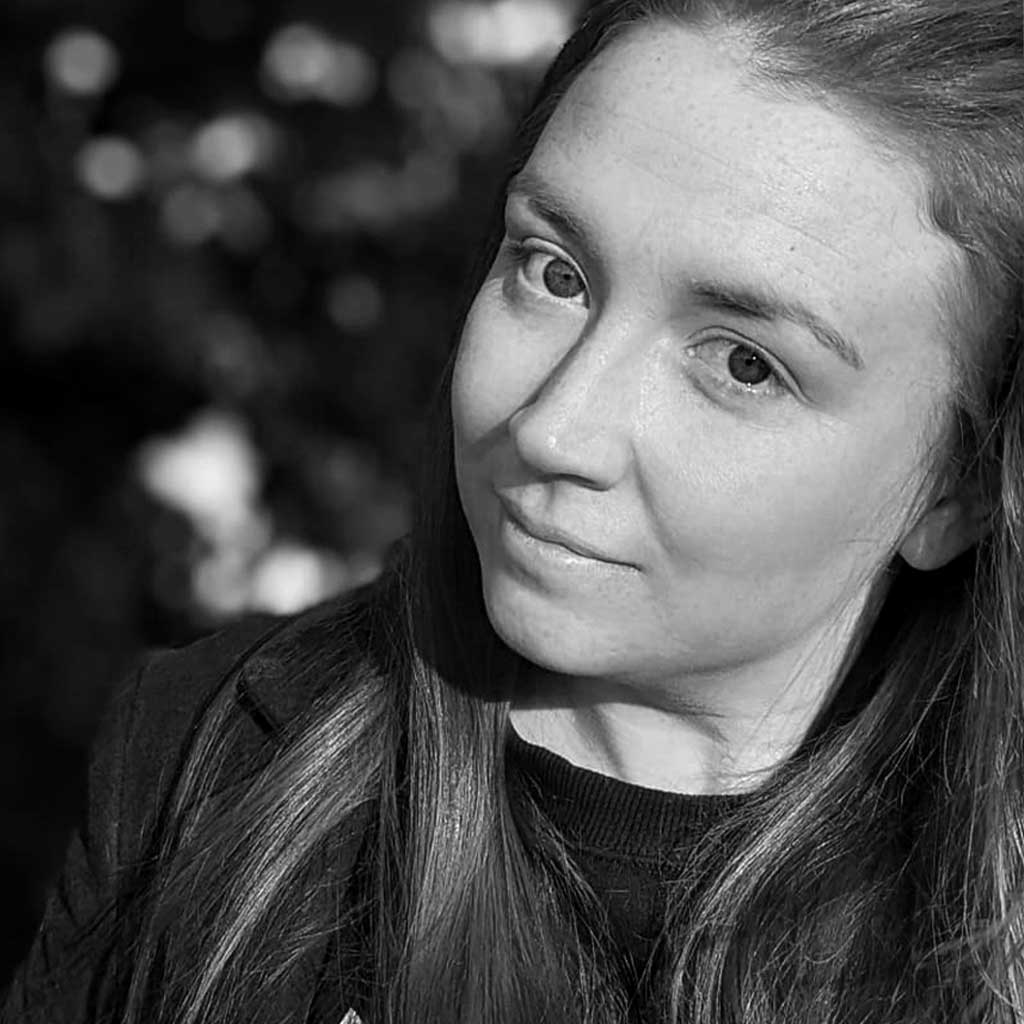
When Jude pitched the 4-day week he always said it’s 20% less working days and 50% more weekend which is a pretty great trade. Having an extra day has given me more time to spend with my family and do the things I enjoy. As a result, I feel mentally and physically healthier and I feel much more refreshed coming back to work after the weekend!
– Rachel Taggart

It’s difficult to describe something so positively life-changing in a paragraph, but I’ll do my best. For years, I often found myself saying, “There just aren’t enough hours in the day.” I was constantly playing catch-up, cramming everything I couldn’t get done during the week into my weekends. By Sunday evening I was exhausted, deflated and the Monday heebie-jeebies would set in. So when Jude proposed transitioning to a 4-Day Work Week for nothing other than improving our mental well-being, I felt not only incredibly grateful but that a whole new world of possibilities was opening up.
Having that extra day to do as I please, whether it’s spending time with loved ones, immersing myself into my hobbies like reading, drawing, or staying active, or simply tackling household chores, has brought a sense of fulfillment to my life as I now have time just for me. It’s amazing how much more motivated and energised I feel at work now. Mashmob has given me this incredible gift, and I’m eager to give back with increased productivity and passion.
– Carla Buchanan
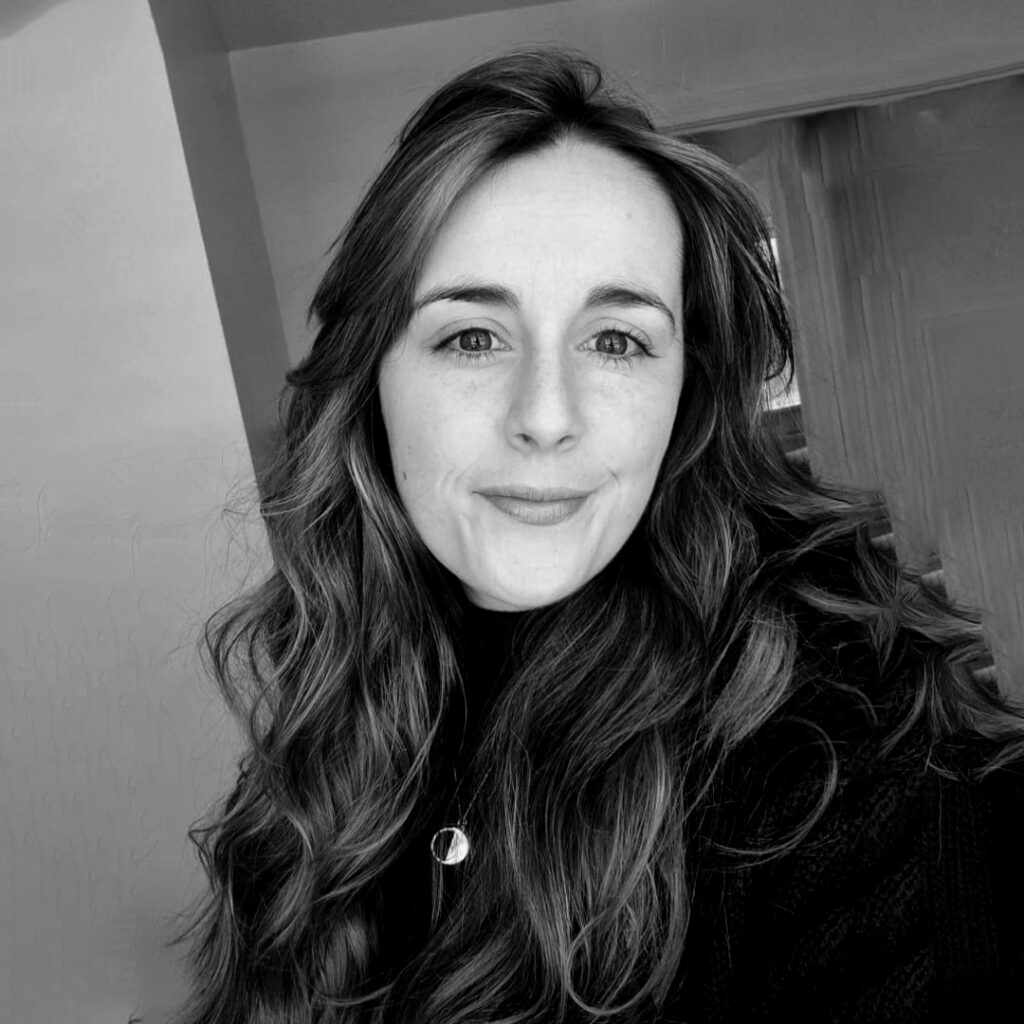
My cup is full, my weekends are longer and my focus on the days I am in work has increased. All it took was a four day week. I thought it would wear off, I thought after a time I’d find myself wishing for even longer weekends, even shorter weeks, willing away my time hoping for 5pm to come sooner but somehow, it just hasn’t happened. I love my team, my job, I love FINALLY being able to say that in this career. My cup is full, and I am a better friend, wife and designer for it.
– Sarah Wilson Chambers

Since joining Mashmob and transitioning to a four-day work week it has truly been a game changer for me. I’ve noticed a massive shift in my mental clarity and overall well-being. With that extra day off, I now have the opportunity to focus on myself more and spend quality time with loved ones. I’ve been embracing a healthier lifestyle – like going to the gym more regularly, enjoying lunch-time walks, and I’ve even taken up running! (Who am I ?!?!) Then when Tuesday comes around, I actually feel ready to go back to work, and don’t get those dreaded Sunday Scaries!
– Emma Hetherington

Our clients have been entirely supportive, and I sense a hint of admiration from them. The availability of our designers, the quality of our work, and our capacity remain unchanged. As Michael Stipe would say, we’re just “shinier, happier people.”
As a team, we aim to keep shifting the landscape because, well, why not?
Want to learn more about how we work?
Check out our creative process and what makes our team so special
